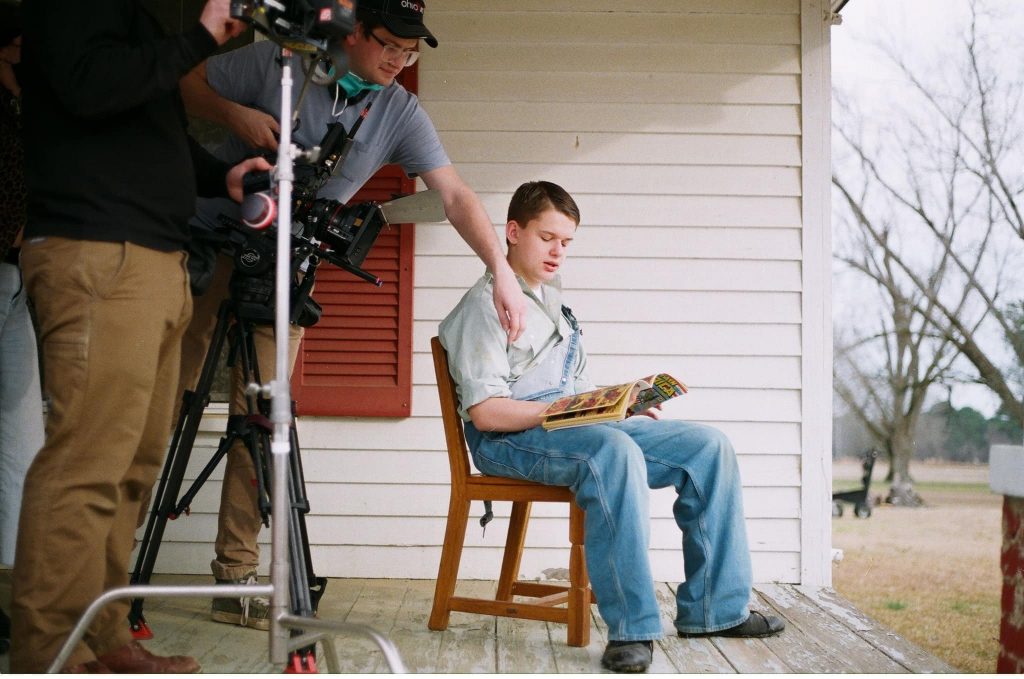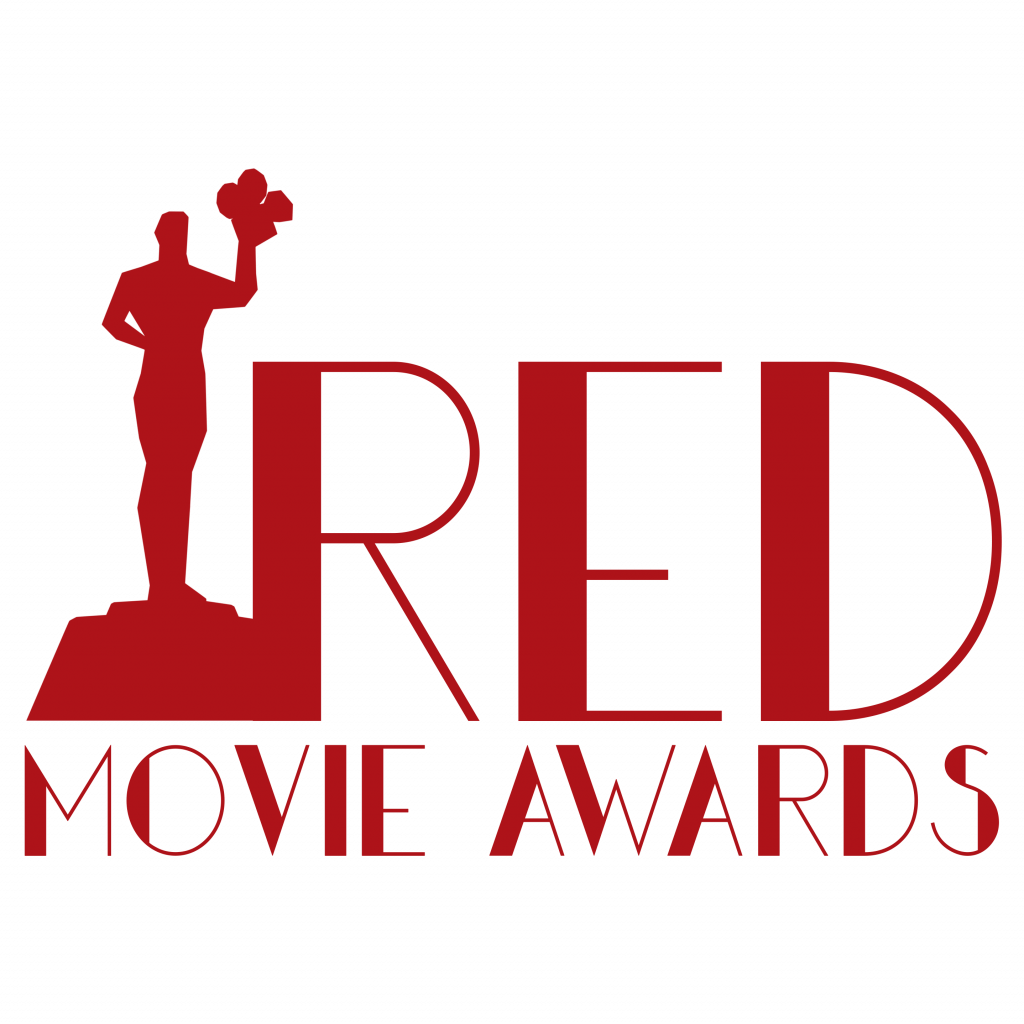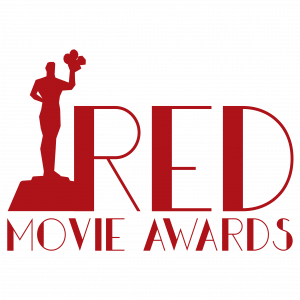THE INTERVIEW
August, 2023
ELI MCGOWAN
DIRECTOR OF AUGUST
BEST DIRECTOR
Eli, tell us a bit more about yourself. Where does your desire to be a director come from?
Since I was very young, I was fascinated with cameras and how to use them to trick myself into thinking something was real. An edit between two locations played as one, or the same person playing two characters in a scene. Anything was possible! I was inspired by the short behind-the-scenes clips that ran at the start of my “Star Wars” VHS tapes to pursue this new world.
When I was very little, I dreamed of becoming an architect. After I realized math was not my forte, I wanted to be a lawyer and even started law school. But in 2016, I dropped out to work in film like I had always wanted. In filmmaking, the visual grammar of architecture and the storytelling of being a good attorney exist in the same exciting field.
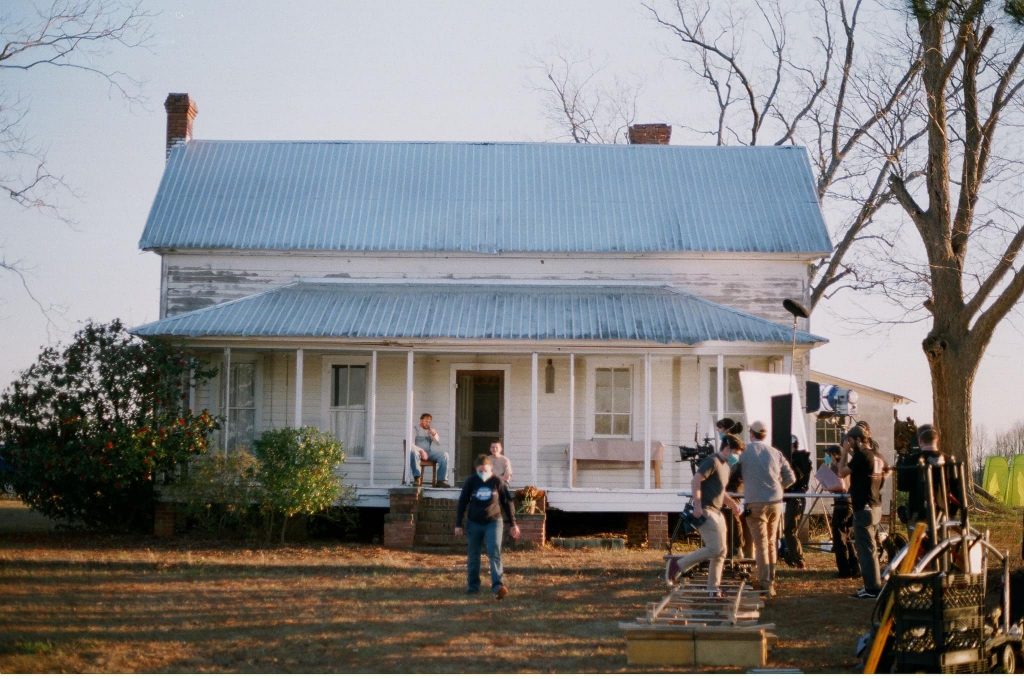
What is your background?
I grew up in a military family, traveling internationally and hearing lots of good stories, but my family is Southern in ancestry and almost all from rural areas.
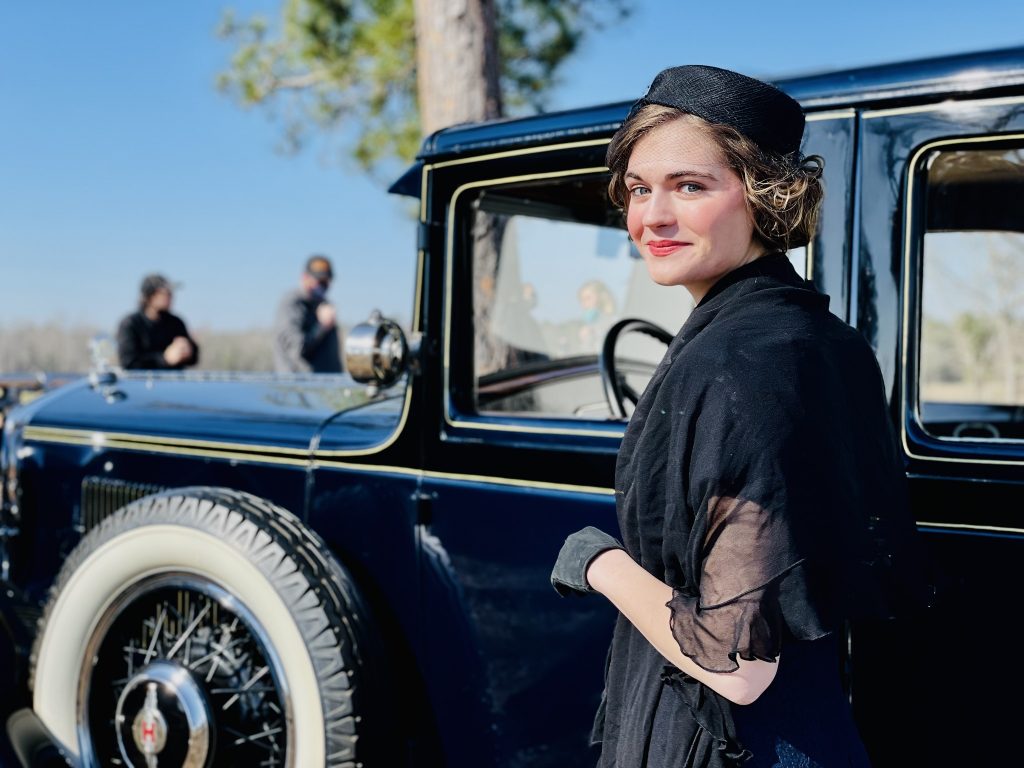
What were your references for August? I believe that knowing that this project has for theme a subject that particularly affects you, at the level of your family but also that of your wife, can you tell us more?
“August” originated as a short story written by my wife, Emily. It was inspired by the time her father found a Reichspfennig on his family farm in Georgia, a reminder of when German POWs were used for US agricultural labor during the Second World War. She then combined this with other family histories.
My great-uncle Jesse, whose picture appears in the film, was killed in the Battle of the Bulge months after landing in Normandy. His father was angered that the POWs he encountered in the North Carolina tobacco warehouses were allowed to live while his son was dead. The scene where Henry speaks to his father was changed to include a telegram late in preproduction after I spoke to my grandfather and learned more about Jesse’s death and what might push a man like Mr. Blun over the edge.
Rufus is also named in honor of a real person, Rufus Cross, who helped my wife’s family survive the Great Depression. We were sad to cut several scenes with him, including with his father, but if we make a feature, we have big plans to include them!
The largest change I made as director to the story was the use of the bookends set in the 1950s.
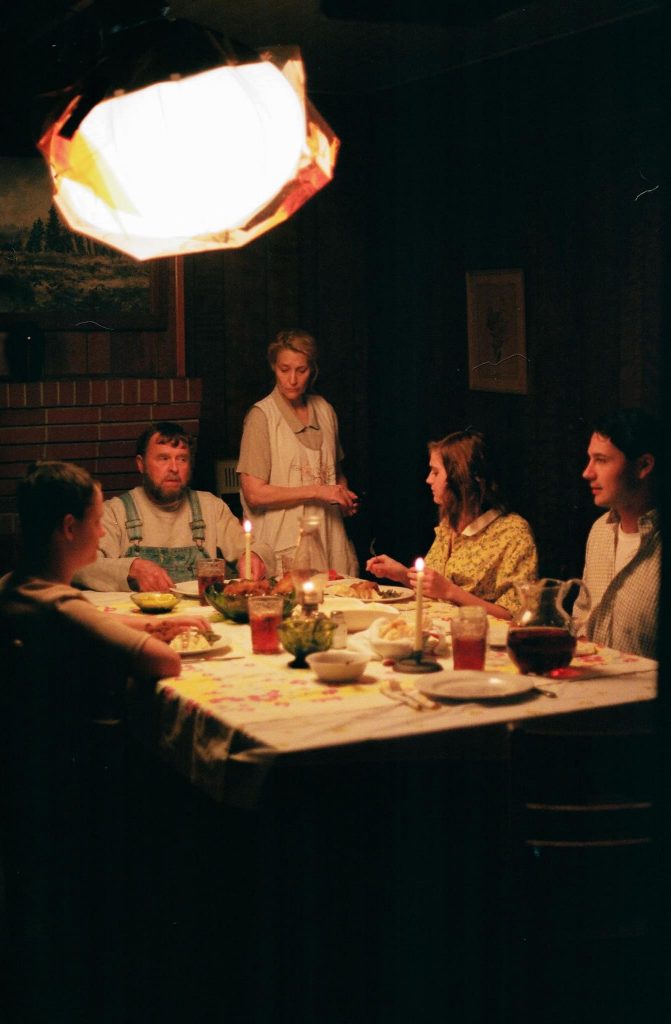
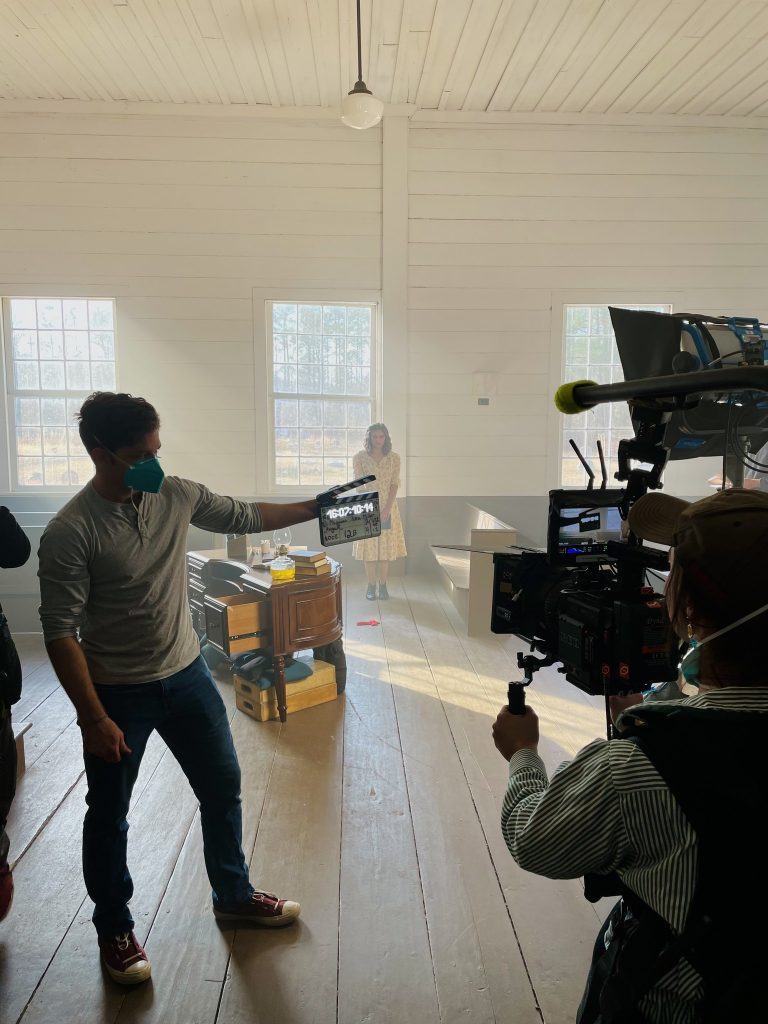
How did you work with the actors and the children?
I grew up with seven younger siblings, so I always enjoy working with child talent! I remember the behind-the-scenes footage of Andrew Adamson directing the “Narnia” films and of Spielberg on the set of “E.T.” for the patience they showed with children. Kids know when they mess up and take it hard. Most of the time, all you have to do is coach, encourage, and trust in your cast.
Casting was hard for this project, as COVID-19 shooting rules at my MFA program meant we had to delay for a year before shooting with the number of cast and crew we knew we needed. Many roles had to be cast and then recast as schedules and commitments changed.
Some cast, like Meredith (who plays Irene and sings the credits song vocals), I had in mind since the beginning. I worked with her previously. Ricky (Mr. Blun) was perfect for his role and didn’t require much direction. He improvised brilliantly with lines like “messin’, doin’!” The cast came from seven states, including California, to help our project come to life.
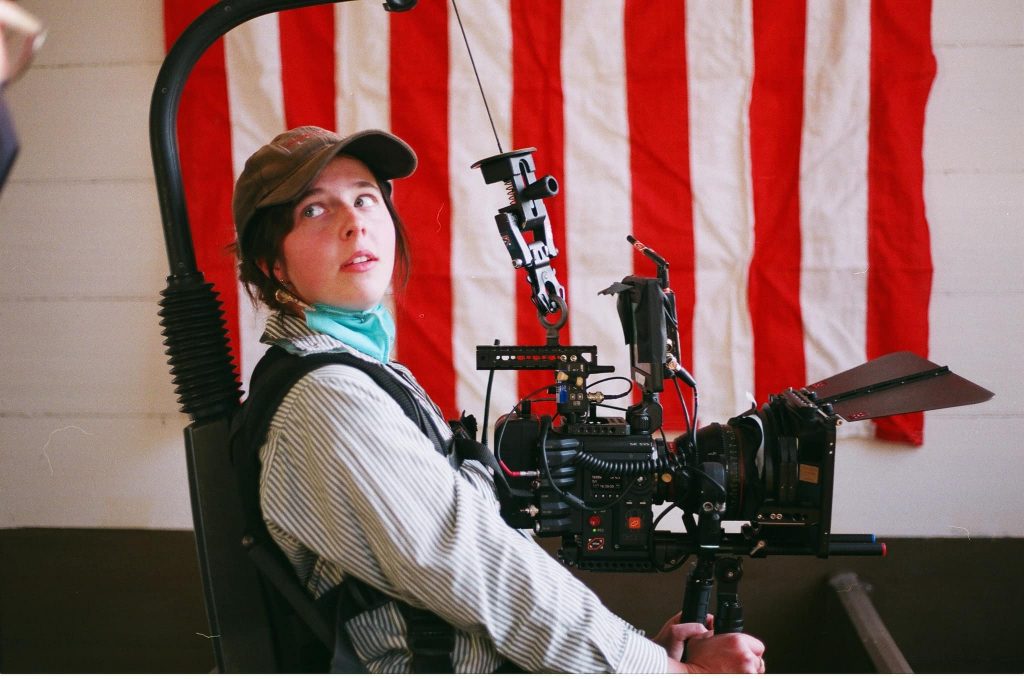
You won Best Director at the RED Movie Awards, what does that mean to you?
I’m honored! It’s been a long journey since I decided to roll the dice and jump feet-first into film. This makes me want to keep going and hopefully be in Reims for the Annual Awards. It feels very fulfilling to have a story woven from the fibers of family history resonate with others.
And I’m so appreciative of Emily’s storytelling abilities, and grateful to our executive producers Jared and Ashley, my old friends among our producers like Elizabeth and Tim, our production managers Cameron and Kelly, our French-American cinematographer Nina, everyone who made this little film possible.
What was your biggest challenge as a director?
Staying true to my vision in the midst of tough logistical realities. Filming during a global pandemic, many times in remote locations without cell service, wasn’t easy. There were changes in my MFA program’s shooting requirements and casting as preproduction lasted a year-and-a-half. We also had to plan pickups for pyrotechnic shots we weren’t allowed to shoot during principal photography by my school and improvise in post-production to get what we needed out of a given scene or a shot.
The guarding the vision through all that change, but also not being unbending, that’s the hardest part.
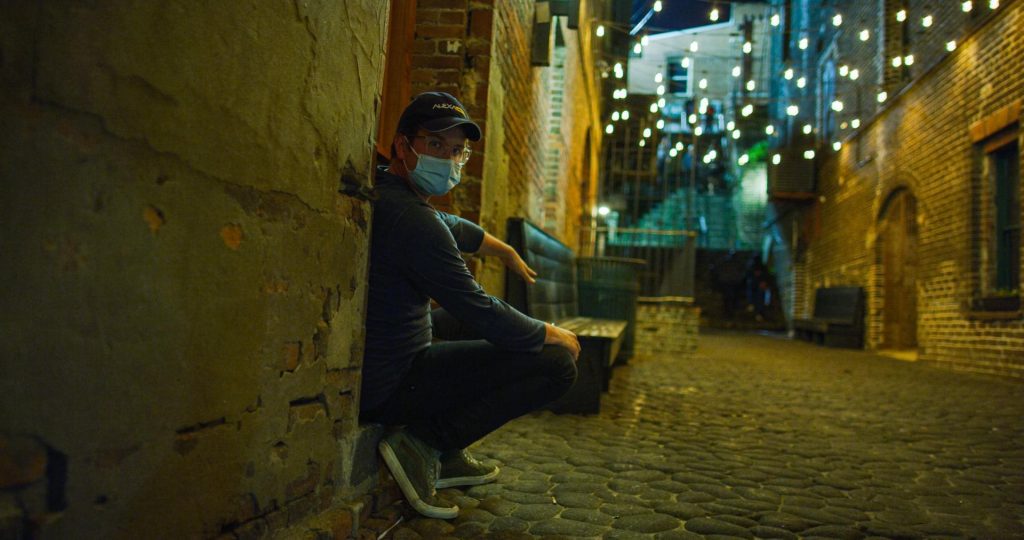
We feel a credibility that emanates from the film, the Production Design is very impressive, the sets, the costumes, the universe of the film is very worked how did you carry out your research work?
My wife and I have ancestry in the rural South. Our grandparents grew up on farms like the ones you see in “August,” so authenticity was important to us. We shot in her family’s home county, including on a farm that really used German POWs as laborers.
We read books, did location scouts, and looked at photographs and films from the era. We had a picture in our heads that we ultimately had to blend two locations together for — the perfect farmhouse interior and exterior. I think the blending worked well, but there’s still a couple of errors a sharp eye might catch!
I owe so much to my good friend and adopted set “Mom” Mary Wise, our production designer, who combed potential locations and thrift stores across two states to help create the believable world of “August.” Her husband ended up undergoing surgery, preventing her from attending our set, and Larissa Loeffler (our art director) and Ireland McKee (our costumer and HMU) had their hands full to fill her shoes. They did marvelous — pulling off feats like painting an entire house exterior between scenes to take us back in time.
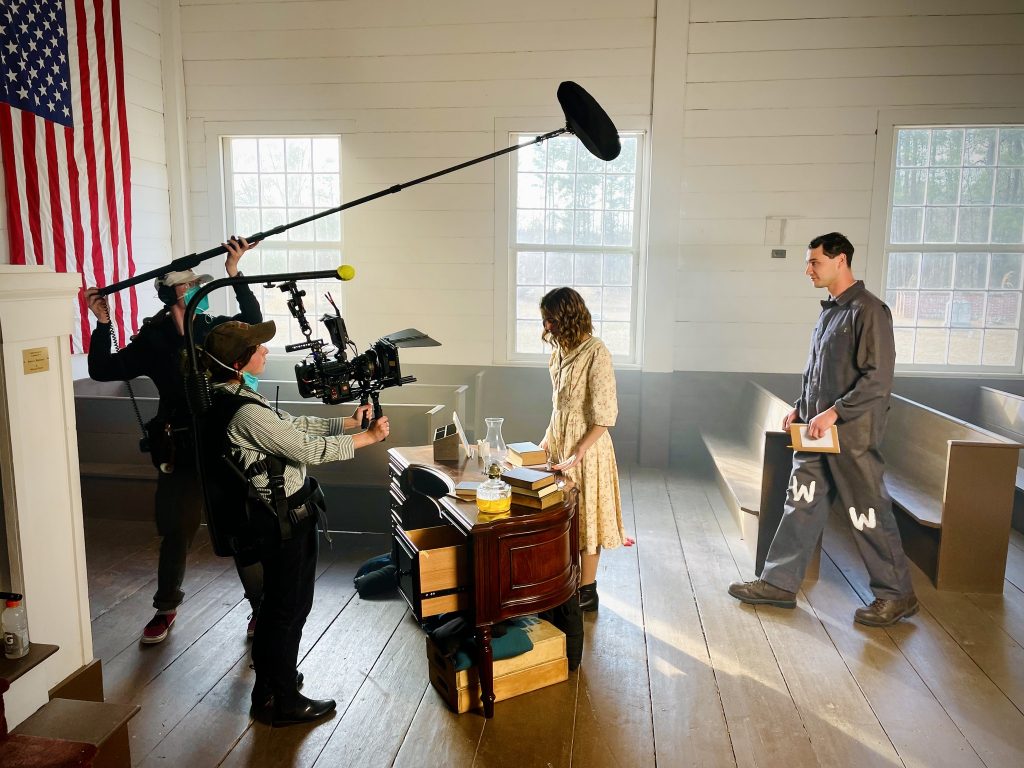
What is your next project?
My wife and I are working on another dark southern short about a judicially-approved child marriage. It will be set in Appalachia in the 1970s, and Emily will direct. I’m Executive Producing and serving as Cinematographer.
We are also developing the feature version of “August,” and I will be directing an episodic documentary about three generations of commercial crab fishing families in the Pacific Northwest.
